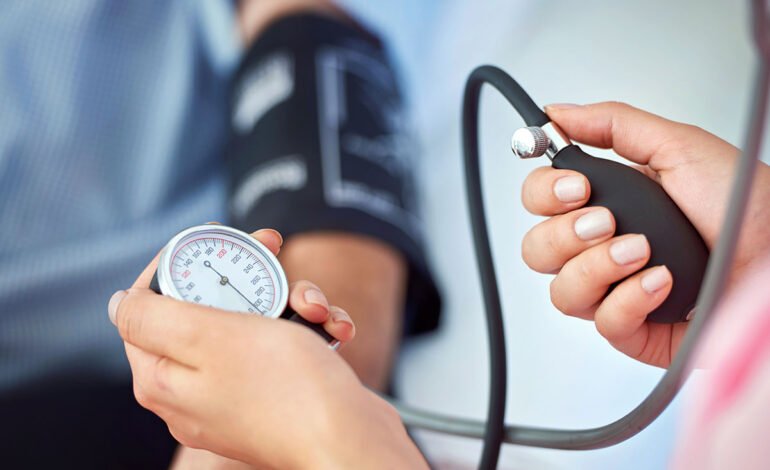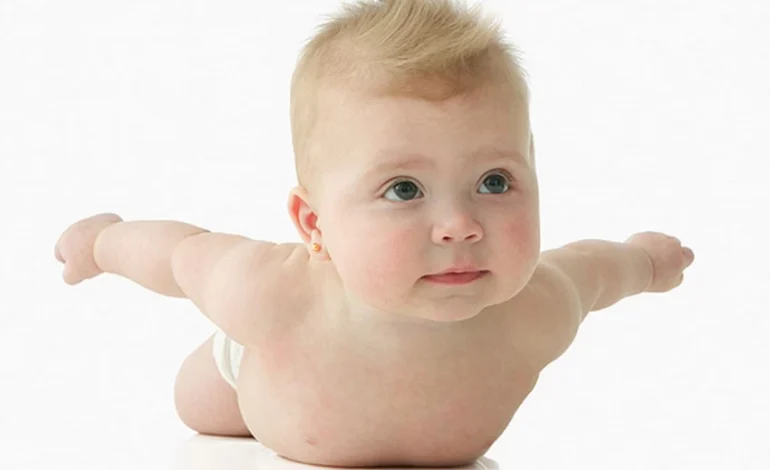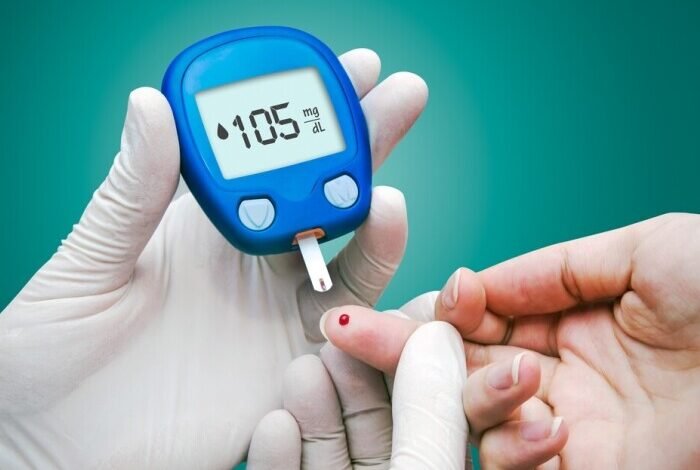
What is Hypertension (High Blood Pressure) & its causes & manage it without medicine by daily routine
What is Hypertension (High Blood Pressure)?
Hypertension, commonly known as high blood pressure, is a condition where the force of the blood against the walls of your arteries is consistently too high. This condition makes your heart work harder than normal, which can lead to serious health problems like heart disease, stroke, and kidney damage. Blood pressure is measured in millimeters of mercury (mm Hg) and consists of two numbers:
- Systolic Pressure : The pressure when your heart beats and pumps blood.
- Diastolic Pressure : The pressure when your heart is at rest between beats.
A normal blood pressure reading is typically around 120/80 mm Hg. Hypertension is generally defined as a blood pressure reading consistently higher than 130/80 mm Hg.
Causes of Hypertension
There are two types of hypertension: primary (essential) and secondary.
- Primary Hypertension (Essential Hypertension):
This type develops gradually over many years and has no clear cause. It’s the most common form of hypertension.
Risk factors include genetics, age, and lifestyle habits.
2. Secondary Hypertension:
- This type is caused by another condition or medication. Common causes include:
- Kidney disease: The kidneys play a key role in regulating blood pressure, so any issues can lead to high blood pressure.
- Obstructive sleep apnea: This condition can increase blood pressure due to interruptions in breathing during sleep.
- Endocrine disorders: Hormonal imbalances, like hyperthyroidism or adrenal gland problems, can lead to hypertension.
- Medications: Some medications, such as birth control pills, decongestants, or over-the-counter pain relievers, can raise blood pressure.
- Alcohol and drug abuse: Excessive alcohol consumption or illegal drug use, like cocaine, can increase blood pressure.
How to Lower High Blood Pressure with Foods & Practices
There are several lifestyle changes, including dietary changes and physical practices, that can help lower blood pressure:
1. Dietary Changes
- Eat More Fruits and Vegetables: These foods are rich in essential vitamins, minerals, and fiber, and they help manage blood pressure. Aim for a variety of colors on your plate, especially leafy greens, berries, and bananas.
- Limit Salt Intake: High sodium levels can raise blood pressure. Avoid adding too much salt to your meals, and check food labels to avoid processed foods that contain high sodium.
- Increase Potassium: Potassium helps balance the effects of sodium and eases tension in the blood vessel walls. Foods rich in potassium include bananas, sweet potatoes, spinach, tomatoes, and avocados.
- Whole Grains: Eating whole grains like oats, brown rice, and quinoa can improve heart health.
- Limit Caffeine and Alcohol: Caffeine can cause short-term spikes in blood pressure, while excessive alcohol can be harmful to overall health.
- Dark Chocolate: Consuming small amounts (about 1 ounce) of dark chocolate, which is rich in flavonoids, can help lower blood pressure.
2. Physical Practices
- Exercise Regularly: Aerobic exercises like walking, jogging, cycling, or swimming for at least 150 minutes per week can significantly reduce blood pressure.
- Weight Loss: If you’re overweight or obese, losing even a small amount of weight can help reduce your blood pressure.
- Reduce Stress: Chronic stress can raise blood pressure. Practices like meditation, deep breathing exercises, and mindfulness can help you relax and manage stress levels.
- Sleep Well: Getting adequate and restful sleep is important for overall health. Adults should aim for 7-9 hours per night.
3. Other Helpful Practices
- Quit Smoking: Smoking raises blood pressure and damages blood vessels, increasing the risk of heart disease and stroke.
- Monitor Blood Pressure Regularly: Keeping track of your blood pressure can help you understand how lifestyle changes are affecting your health.
Conclusion
Hypertension is a serious condition, but with proper lifestyle changes—such as eating a balanced diet, exercising regularly, managing stress, and making mindful food choices—you can significantly reduce your blood pressure. If lifestyle changes aren’t enough, doctors may recommend medication to help control it. Always consult with a healthcare professional before making significant changes, especially if you have existing health conditions.



